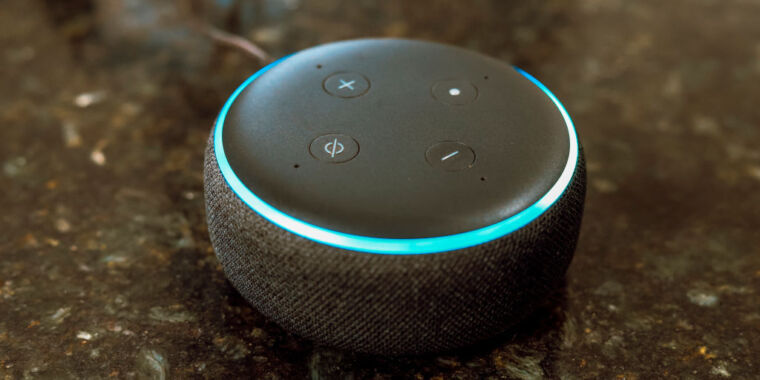Amazon is known to have sold Echo speakers for cheap or at a loss in the hopes of making money off Alexa later. In 2019, then-Amazon Devices SVP Dave Limp, who exited the company last year, told WSJ: "We don’t have to make money when we sell you the device." WSJ noted that this strategy has applied to other unspecified Amazon devices, too.
People tend to use Alexa for free services, though, like checking the weather or the time, not making big purchases.
"We worried we’ve hired 10,000 people and we’ve built a smart timer,” a former senior employee told the WSJ.
Amazon is now banking on the impending release of a subscription-based gen AI Alexa to finally drive profits. The idea is that people will be willing to pay a recurring fee to use Alexa if it can do more advanced things, like perform multiple commands without the user having to say "Alexa" repeatedly, be more conversational, and manage smart homes more intuitively. Amazon is considering charging $5 to $10 per month for generative AI Alexa, Reuters reported in June.



That's a funny thing about this, they were treating Alexa as if it was profitable by using a stupid metric of profitability. They were using a system that attributed to the Alexa team any increase in purchases after buying Alexa, even if they weren't purchased using Alexa.
This was a self fulfilling prophesy because they gave deeply discounted Alexas to prime subscribers, who they know purchase more from Amazon. Surely lots of people got prime just to get the discount, then the Alexa team got credit for the increase in sales that comes when people have prime.